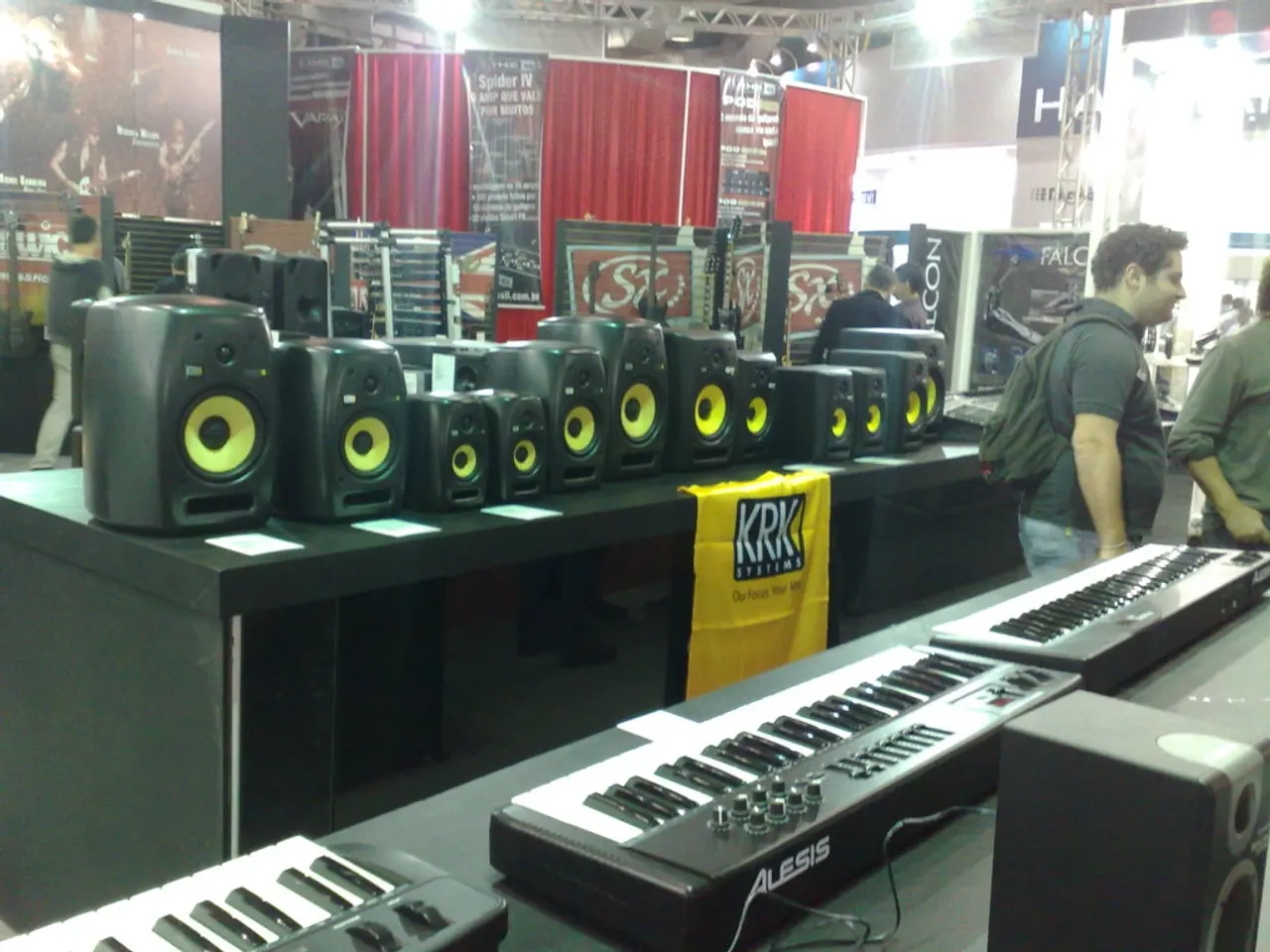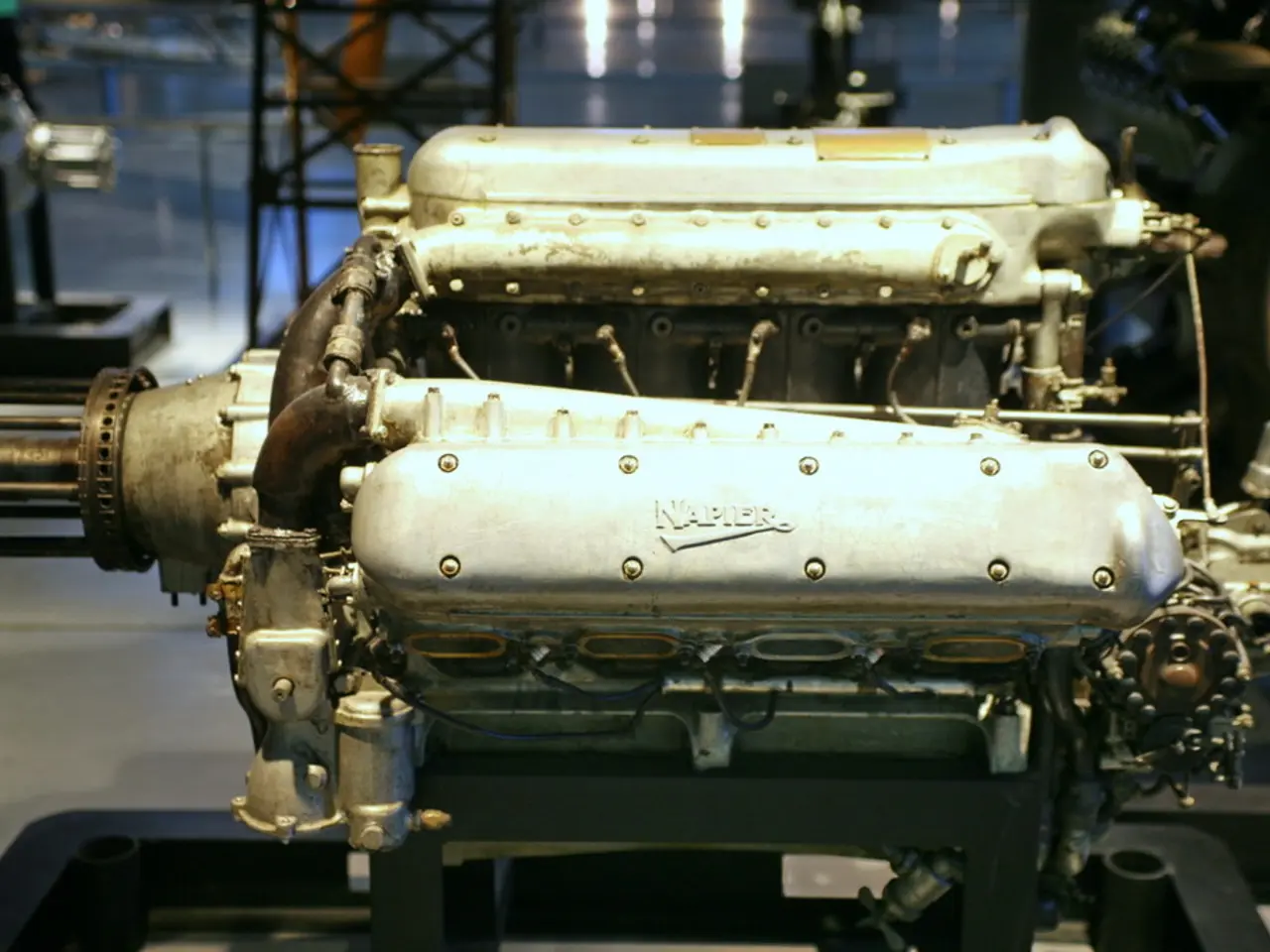"Malta Gaming License Acquisition in 2025: A Step-by-Step Guide"
In the rapidly evolving online gambling industry, Malta stands out as a leading jurisdiction for operators seeking a reputable and internationally scalable brand. The Malta Gaming Authority (MGA) issues licenses that are highly respected in the iGaming industry, offering a low-tax, reputable gaming license.
To obtain an MGA license, applicants must navigate a rigorous but well-structured process designed to ensure only operators of the highest standards are licensed. The process involves several stages, each with specific requirements and costs.
### The Application Process
The process begins with a one-time, non-refundable application fee of approximately €5,000. The MGA then undertakes thorough background checks on the applicant's financial stability, integrity, and the competence and credibility of key individuals involved.
Next, the MGA assesses the business plan, the games and services offered, the technical setup, and terms of service to ensure fairness, security, and compliance with regulations. An independent auditor tests the live environment, including gaming systems, player account controls, game logs, and payment systems to verify their integrity and fairness.
After preliminary approval, applicants have 60 days to launch in a test environment. MGA conducts a compliance audit within the first year to ensure ongoing adherence to regulatory requirements. Ongoing obligations include reporting and maintaining responsible gaming standards.
### Requirements and Costs
The applicant must demonstrate financial stability and integrity, submit comprehensive business planning outlining gaming operations, responsible gambling policies, and player protection measures. Technical documentation and systems demonstrating compliance, adherence to the MGA’s duty of care obligations to monitor and support responsible gambling, ensuring the security of player funds, and upholding game integrity through independent game audits and testing are also necessary.
Typical costs start with the application fee of €5,000, followed by annual contributions based on revenue plus corporate and legal maintenance fees totaling tens of thousands of euros. Compliance contributions vary by license type and revenue brackets, with start-ups receiving a 12-month exemption on compliance contributions.
### The Benefits of an MGA License
The MGA is streamlining all gaming laws and extending license validity to 10 years, making it an attractive option for online gambling operators aiming to establish a legitimate, trusted, and internationally scalable brand. The MGA's new supervision model is an evidence-driven approach to ensure licensed operators maintain high standards in fairness, technical integrity, and compliance.
The MGA's unified licensing system (Gaming Services + Critical Gaming Supply) and its focus on sports betting integrity and player protection further enhance its reputation as a leading regulatory body in the iGaming industry.
In 2025, the MGA is implementing a more outcome-focused, risk-based supervision model for licensed operators, aiming to strengthen oversight, optimize resources via targeted enforcement, and enhance transparency with industry stakeholders.
Malta's strategic EU location, robust financial system, and evolving legal framework make it one of the most business-friendly jurisdictions for online gaming. The MGA issues four primary types of gaming licenses: B2C Gaming Service licenses, B2B Critical Gaming Supply licenses, licenses for games of chance played against the house, games of chance tied to real-world events, games of chance not played against the house, and Controlled Skill Games.
License holders must provide responsible gaming tools, verify player identity, maintain gaming system integrity, submit financial and compliance reports, and adhere to strict advertising standards. Annual fees for B2C licensees exceeding €10 million in revenue scale based on revenue, capped at €35,000.
In summary, obtaining an MGA license is a significant investment, but the benefits, including a low-tax environment, a reputable gaming license, and a streamlined regulatory process, make it an attractive option for online gambling operators. The MGA's focus on fairness, transparency, and player protection further cements its position as a leading regulatory body in the iGaming industry.
- The sportsbook, aiming to establish a legitimate and internationally scalable brand, must navigate a rigorous application process issued by the Malta Gaming Authority (MGA) to obtain a license, which involves demonstrating financial stability, submitting a comprehensive business plan, and undergoing thorough background checks on its financial, ethical, and technical aspects.
- The finance and technology sectors are essential components in the sports betting business, as the sportsbook incurs various costs throughout the application process, including a non-refundable application fee, annual contributions based on revenue, corporate and legal maintenance fees, and compliance contributions, aiming to ensure a secure, fair, and transparent gaming environment.




